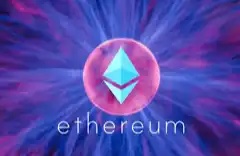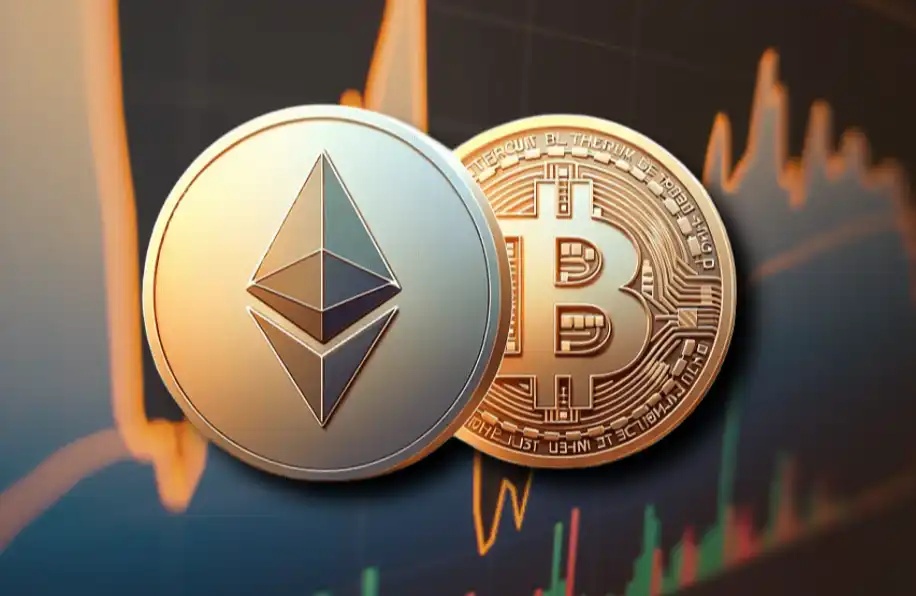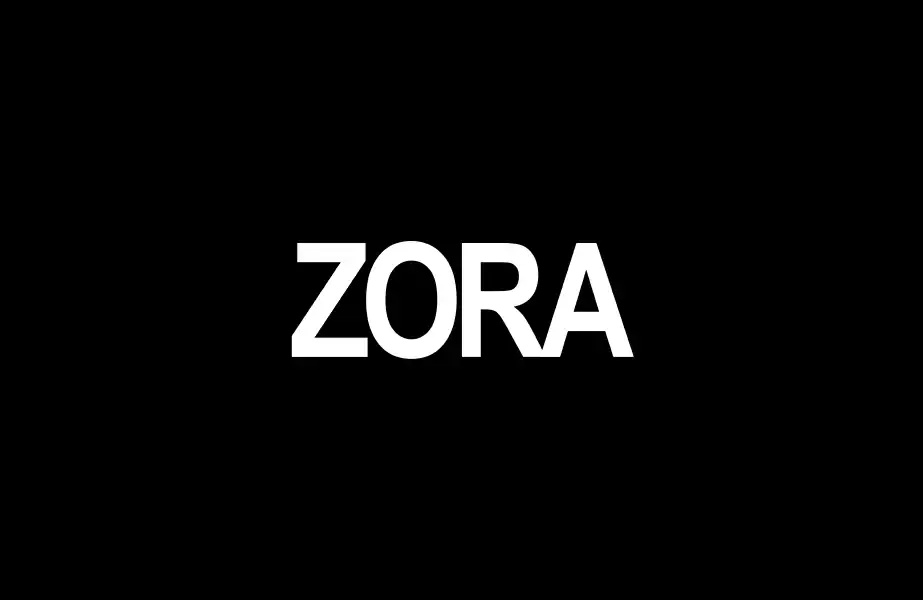LTC Takes the Stage on Wall Street: MEI Pharma's 'Litecoin Treasury' Soars Over 80%
On July 19, MEI Pharma, a U.S. pharmaceutical company (ticker: MEIP), announced a strategic transformation to drive its establishment of a dedicated Litecoin Treasury strategy. Currently, over $100 million in funding commitments have been made to this initiative.
As part of the transaction, this biotech company will appoint Litecoin's founder, Charlie Lee, to its board of directors. GSR will also receive a board seat and play a key role in the company's digital asset and fund management advisory board. Additionally, the Litecoin Foundation has also invested in MEI Pharma as the company's Treasury strategy aligns closely with the Litecoin Foundation's core mission of promoting Litecoin adoption globally.
Following the announcement, MEIP's stock price surged 83.37% in pre-market trading on Friday, building on a 16.58% gain the previous day, reaching a high of $9 at one point and currently stabilizing at $6.30. The trading volume that day surpassed 13 million shares, far exceeding the three-month daily average of 26,000 shares. This movement not only reflects the market's positive expectations for the company's blockchain transformation but also signifies the formal launch of another "Altcoin Microstrategy" model after leading mainstream crypto assets like ETH, SOL, and BNB, ushering in a new chapter of institutional allocation for Litecoin (LTC).

MEI Pharma Completes Strategic Transformation: First Publicly Listed Company to Establish a Litecoin Strategic Reserve
MEI Pharma, Inc. is a biopharmaceutical company focused on the development of small-molecule drug compounds, with core development programs including the CDK inhibitor Voruciclib for B-cell malignancies and the mitochondrial-targeted anticancer agent ME-344. The company was founded on December 1, 2000, and is headquartered in San Diego, California, USA.
On July 19, 2025, MEI Pharma announced its alignment with blockchain finance, initiating a new round of Private Investment in Public Equity (PIPE) transactions and planning to incorporate Litecoin (LTC) into its corporate asset allocation, becoming the first publicly traded biotech company to hold LTC as a primary financial reserve asset.
According to the announcement, this funding round is co-led by the Titan Partners Group and cryptocurrency trading firm GSR, planning to issue 29,239,767 shares of common stock or equivalent pre-funded warrants at a price of $3.42 per share, with a total financing size of approximately $100 million. The transaction is expected to be completed around July 22, 2025, subject to customary regulatory and closing conditions.
Behind this funding round is not only a capital operation but also a sign of MEI undergoing a profound strategic transformation. The company has stated that it had previously systematically evaluated the sustainability of the traditional biotech business model and decided to embrace the blockchain and decentralized finance (DeFi) space. It plans to restructure its corporate treasury with Litecoin as the core asset and engage in long-term partnerships with the Litecoin Foundation and GSR.
Charlie Lee responded to this collaboration by stating: "Since its founding in 2011, Litecoin has always adhered to the principles of fast, secure, and decentralized. It is gratifying to see listed companies like MEI embrace these principles. This not only reflects the increasing institutional confidence in LTC but also lays the foundation for its further expansion in the traditional capital markets."

Why Choose Litecoin
Litecoin is one of the earliest altcoins to enter the market, created by former Google engineer Charlie Lee in 2011. Its core architecture is based on Bitcoin's open-source code, with several optimization upgrades. Compared to Bitcoin, Litecoin has faster block generation, uses the Scrypt proof-of-work (PoW) algorithm, is more suitable for mining with regular hardware, and lowers the entry barrier. Its total supply is set at 84 million coins, with a deflationary feature similar to Bitcoin—every 840,000 blocks trigger a block reward halving mechanism.
As a representative of first-generation altcoins, Litecoin has always been committed to improving on-chain transaction efficiency and scalability, offering advantages such as low fees and fast processing speeds. In recent years, Litecoin has gradually expanded its payment use cases, including partnerships with travel companies, convenience stores, real estate agencies, and online retailers. In 2021, the Litecoin Foundation announced a collaboration with a financial services provider to issue a Visa debit card, allowing users to instantly convert LTC to USD for consumer payments, further solidifying its utility.
Since Litecoin's inception in 2011, Charlie Lee has been a key advocate behind this ecosystem. Not only does he promote technological innovation, but he has also led various crucial upgrade processes, including Litecoin's selective integration of privacy features and activation of Segregated Witness. Charlie Lee has been involved in advancing initiatives such as the Lightning Network experiment, mining pool collaboration, and developer community building, laying a solid foundation for the long-term development of the Bitcoin and Litecoin networks.
His deep involvement in MEI Pharma's Litecoin treasury now once again boosts market confidence in the "Litecoin Treasury" strategy. As emphasized by the Litecoin Foundation in the announcement: "For 14 years, Litecoin has consistently provided a stable, low-cost, and easily accessible network to millions of users." This collaboration with MEI not only signifies Litecoin's first inclusion in a U.S. publicly traded company's financial structure but also represents a strategically significant institutional financial experiment led directly by the founder.
Meanwhile, institutional expectations for Litecoin are quickly heating up. According to decentralized prediction platform Polymarket, as of the end of 2025, the probability of the U.S. Securities and Exchange Commission (SEC) approving a Litecoin spot ETF has soared to 86%. This not only reflects investors' optimistic outlook on Litecoin's regulatory prospects but also indicates its gradual entry into the ranks of "mainstream assets" amid the compliance wave.
Once the spot ETF is approved, Litecoin will join Bitcoin and Ethereum as core assets in traditional financial portfolios, providing institutional funds with a legitimate and compliant allocation path. This will enhance LTC's market liquidity and valuation anchoring power, further strengthening its market positioning as a "payment-focused digital asset" and becoming a bridge connecting the on-chain world with Wall Street funds.

Summary
As MEI Pharma becomes the first publicly traded company to include LTC in its financial reserves, following the "MicroStrategy model" adoption of mainstream tokens such as Ethereum, BNB, and SOL, Litecoin has officially joined this institutional accumulation camp, marking the initiation of another "altcoin treasury reserve path." On the day of the announcement, Litecoin aggressively broke out of a downward channel, rising over 6% within 24 hours, with prices briefly reaching $106 and then continuing its uptrend to $115. This not only signifies a reassessment of LTC's asset attributes but also reinforces the role of the "altcoin treasury strategy" as a driver of this bull market cycle. Combined with the ETF concept and accelerated institutional accumulation, the altseason is quietly unfolding.

Welcome to join the official BlockBeats community:
Telegram Subscription Group: https://t.me/theblockbeats
Telegram Discussion Group: https://t.me/BlockBeats_App
Official Twitter Account: https://twitter.com/BlockBeatsAsia
 Forum
Forum OPRR
OPRR Finance
Finance
 Specials
Specials
 On-chain Eco
On-chain Eco
 Entry
Entry
 Podcasts
Podcasts
 Activities
Activities









